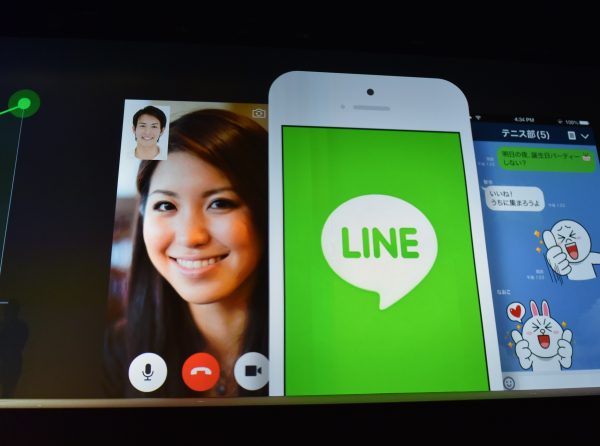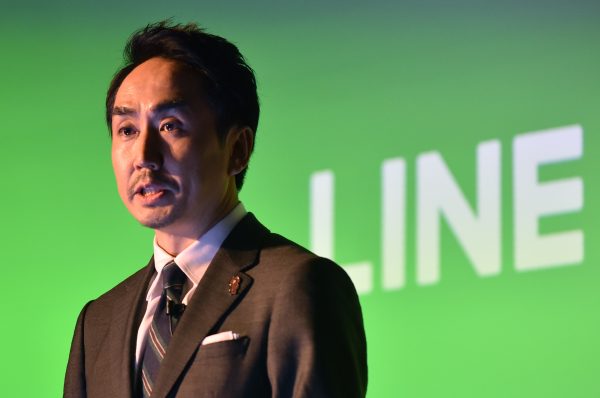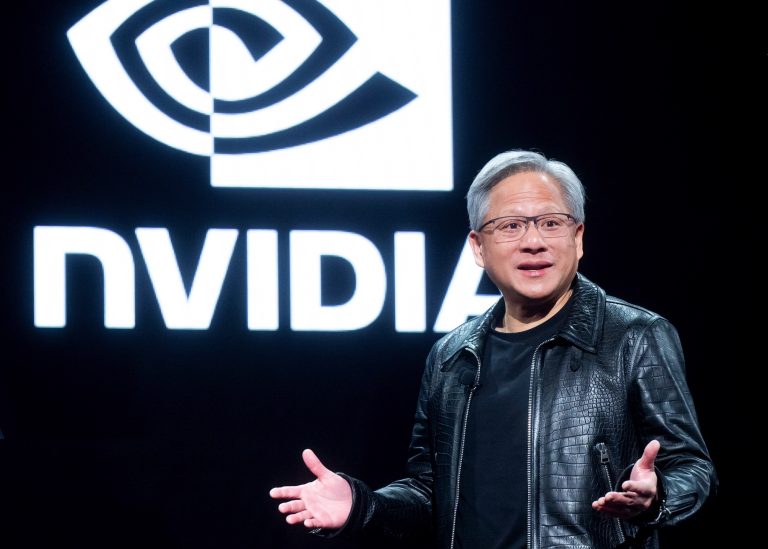An “administrative guidance” by the Japanese government against the firm that runs the Line app — the messaging and social media platform used ubiquitously across Japan and much of East Asia — has caused controversy in neighboring South Korea, given that Tokyo’s move targets Korean tech giant Naver.
This March, the Japanese Ministry of Internal Affairs and Communications (MIAC) issued a 10-page document requesting that Line Yahoo! Corporation (LY Corp.) review its relationship with and reduce dependence on Naver, which controls a 50 percent share in A Holdings, the company that owns LY Corp.
The guidance comes after LY Corp. announced last November that it suffered a major data breach involving over half a million records, including user information for the Line app. In addition to the hacking, a South Korean subcontractor had been granted unauthorized access to Line data.
- Japan’s Nippon Steel Committed to Closing US Steel Plant Deal by Year-end
- ‘A Triumph of Traditional Chinese Culture’: Shen Yun Enchants Audiences in Japan
- Japan Reverses Course, Increases Interest Rates for First Time in 17 Years

The MIAC request is not legally binding, but “analysts say such statements of ‘administrative guidance’ carry significant weight in Japan’s business community,” as a May 20 article by U.S. state-run media Voice of America says.
Meanwhile, the incumbent but embattled administration of South Korean President Yoon Suk-yeol has called for continued friendliness between Seoul and Tokyo. The Yoon administration, elected in 2022, hopes to strengthen the South Korea-Japan-U.S. alliance and partnerships so as to counter military and geopolitical threats from North Korea and Communist China.
- South Korea’s President Yoon and Ruling Party Suffer Legislative Election Loss in Setback for Anti-Communist Politics
- US and Japan Forge Deeper Alliance to Counter China, Strengthen Economic Ties
- South Korea Forges Tougher Approach to Handle Nuclear-armed North
Success
You are now signed up for our newsletter
Success
Check your email to complete sign up
However, this position has been criticized by the left-wing opposition in Korea as appeasing “surrender diplomacy,” with politicians and pundits saying it echoes the era when Japan ruled and exploited Korea as a colony.
While the Yoon administration is known for its hawkish stance on Beijing, the Chinese Communist Party’s economic and political influence in South Korea is considerable, further deepening concerns in Japan about data security.
Taking control of the Line app
Line is by far the most popular app for communication in Japan, with over 96 million users. It was developed in South Korea, but its Japanese presence took hold after the 2011 earthquake and tsunami. The disaster saw millions of people lose cell service, and thus turn to Line, which could function with just an internet connection. In markets like Taiwan, the app is often mistaken for being Japanese.
Naver responded to the MIAC’s “guidance” by saying that it was considering “all possibilities,” including selling its stake in A Holdings to SoftBank, the Japanese company that owns the other 50 percent of A Holdings.
A May 20 report by The Chosun Daily, a Korean outlet, reads: “The prevailing market scenario for the Naver and SoftBank stake sale negotiations is that Naver would sell part of its A Holdings … stake to SoftBank and become the second-largest shareholder.”
LY Corp. CEO Takeshi Idezawa has said that SoftBank’s “goal is to reduce the role of Naver developers and Naver’s subcontractors to zero.”

Chosun and other Korean media have accused the Japanese government of trying to interfere with the legitimate business of a Korean company, and all but force Line to become a fully Japanese-owned company. The Chosun article suggested that if Naver is forced to divest from Japan, it should step up its control over Line in other markets, including Taiwan and countries in Southeast Asia, where the app is also popular.
‘Data sovereignty’
The Japanese government and media counter that given Line’s widespread use in the country, it is essential that Japanese users’ data be handled by domestic companies only.
Bungei Shunju, a right-leaning Japanese monthly publication, published an editorial warning about the dangers presented by allowing foreign access to user data, especially since Line is widely used by Japanese government bodies, officials, and members of the military.
- Japan to Begin Mining Seabed for Rare Earth Metals to Eliminate Dependence on China
- Are Japan’s Abandoned Houses Turning Into Goldmines? Why Investors Are Reviving the Rural ‘Akiya’ Gems
- US Seeks to Revive Dormant Shipyards With Help From South Korea and Japan
In 2021, it was discovered that access to data from LY Corp had been granted to “four Chinese engineers at a Shanghai-based affiliate that Line subcontracted to develop artificial intelligence for its services,” as reported by Japan’s Asahi Shimbun.
Also in 2021, Line was hit by a data breach involving 100 Taiwanese politicians and government officials; a source cited by the Bungei Shunju editorial claimed that the breach was probably a cyberattack from mainland China.
The Japanese-language edition of The Epoch Times drew a comparison between Japan’s MIAC “administrative guidance” and the recent U.S. law that forces Chinese-controlled app TikTok to be sold or banned in the U.S.
“Considering the changes in the security environment in the digital age, Japan urgently needs to enact agile legislation, protect user information, and establish data sovereignty,” wrote author Michiyo Sado in the May 10 report.







